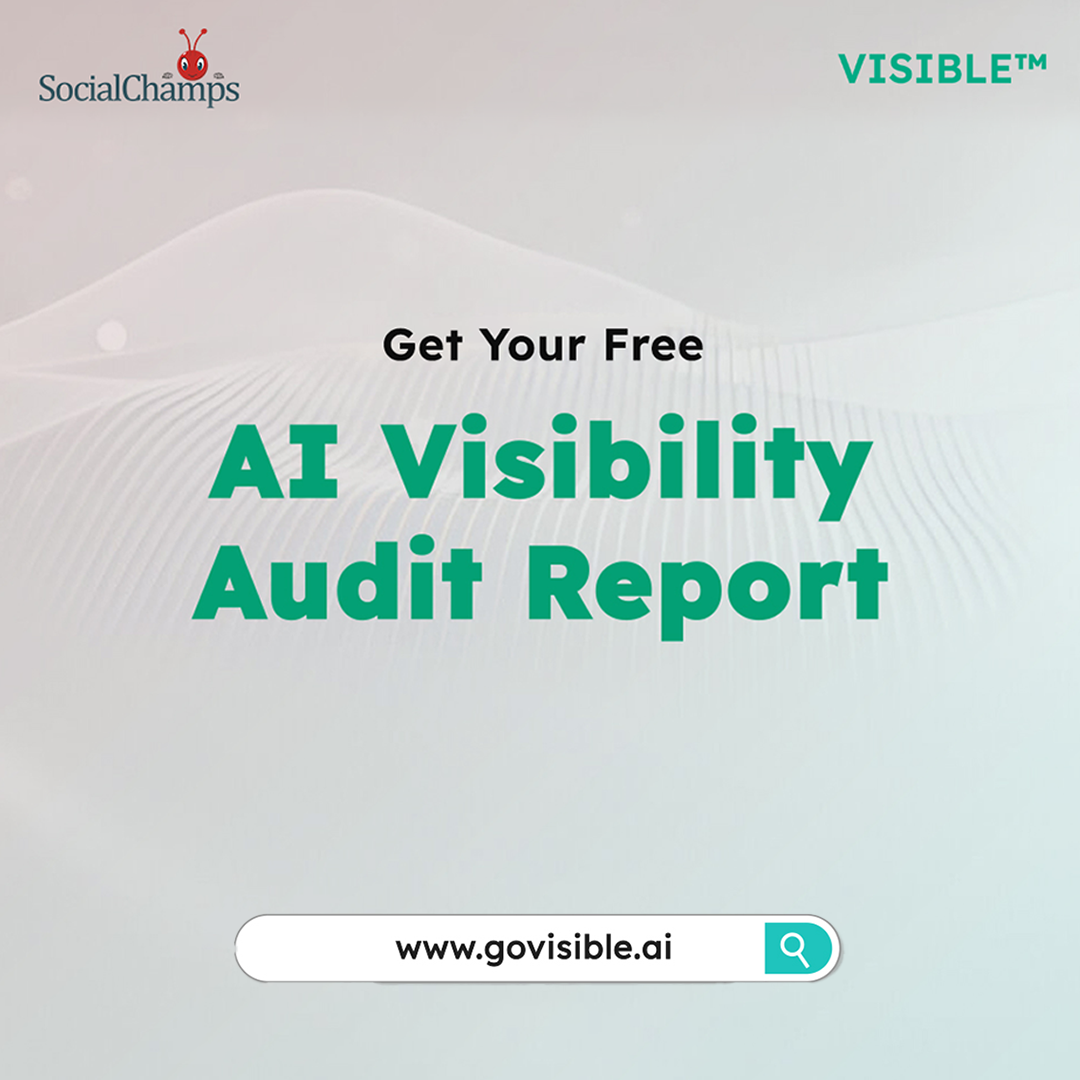
In an era when people can talk to artificial intelligence, what can be more important than getting your business ‘voice search ready’ to match with customers online?
It’s important to note that the results from voice searches are different from typed searches on Google. If your business has not been optimized for voice searches yet, you’re missing out on a huge amount of traffic.
Let’s not ignore ‘VSO’ which stands for voice search optimization. Alexa is taking over the search function and people are talking to google now. Not just typing.
Voice search optimization
Google voice search allows people to search the web using their voice to trigger responses from Google, about your business. This function works great when you want to search and play music, offer directions to your business or get direct answers for search queries.
The Hummingbird algorithm
In the mid-2000s the Hummingbird algorithm changed the fundamentals of how a search is operated on google. In this crucial upgrade, Google was able to use semantics for Google searches i.e it could understand the intent of users doing a search, and deliver more precise results.
Why was the Hummingbird algorithm so important for voice searches?
As we discussed above, Google results from typing are different from the results of voice searches.
Let’s look at a simple example.
Let’s do a quick voice search by asking ‘Who is the captain of India’s cricket team’. This is the first question, and Google will reply with the name of the cricketer Virat Kohli.
Now that we have an answer, let’s ask a question that has user intent. The question is ‘How old is he?’
If you were to ask this second question by typing, Google would not be able to give you an answer with intent. You wouldn’t get an answer about the age of Virat Kholi.
However, Google Voice search is different as it has a dialogue semantic system. If you asked the same question, the voice search would have the correct answer i.e 25. It understands the intent of what you are asking and gives a more precise answer.
Getting your business ‘voice search’ ready
-
Long conversational keywords
Imagine that you are cooking rice cakes and ask Google voice search for the recipe. Voice search uses keywords that are conversational and longer because the search would be something like ‘Hi google, can you tell me the recipe for rice cakes.’’. If you want to be heard by your users it’s better to have a conversational keyword.
-
Be in the near me listings
People often use voice search when they are driving or on the go. People use ‘near me’ voice searches to find restaurants, hotels, parks and locations, theaters ext using this feature.
-
Use questions for keywords
Target long-tail keywords that ask the what, where, when, why, and how questions. People are very likely to use questions when talking to Google voice search.
Let us know what you think about this read in the comment section below.




0 Comments